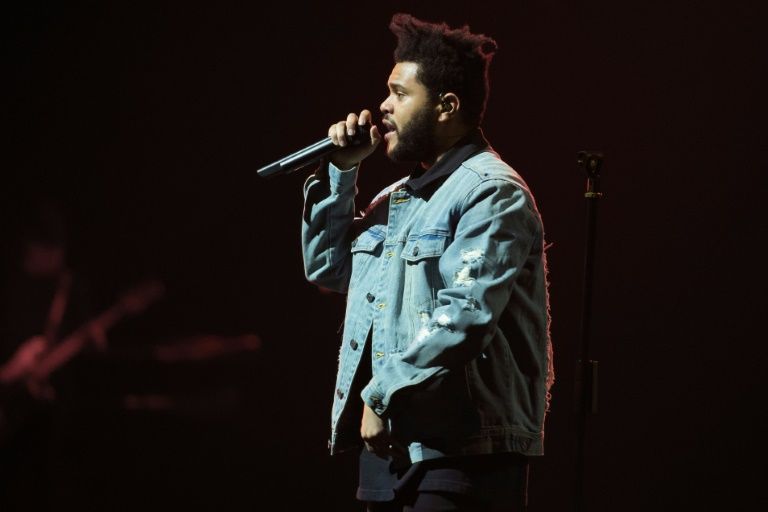Republic Records removes ‘urban’ descriptor at label
()
( The Weeknd is among the artists who signed a petition calling to defund the police. ©AFP/File SUZANNE CORDEIRO )
The label Republic Records — home to top artists including Ariana Grande and Taylor Swift — on Friday vowed to ban the word “urban” as a generalization for hip-hop and R&B.
Many see it as an antiquated umbrella term — it is still used to describe many awards at the Grammys — that ignorantly lumps all music by black artists into the same grab-bag.
The label, a division of Universal, said it would remove “urban” from department names, employee titles and music genres.
“We encourage the rest of the music industry to follow suit as it is important to shape the future of what we want it to look like, and not adhere to the outdated structures of the past,” Republic posted on Instagram.
The announcement comes as artists and fans urge the music industry to put money behind promoting racial equality within its ranks, as protests over the police killing of unarmed black man George Floyd — who once rapped as part of Houston’s influential hip-hop scene — rage nationwide.
Republic’s parent company Universal pledged $25 million to a new dedicated “Change Fund,” along with a task force whose focuses will include distributing grants to organizations focused on black lives and equality.
Rival music group Warner meanwhile promised $100 million to “support charitable causes related to the music industry, social justice and campaigns against violence and racism.”
The moves followed demands for action from The Weeknd — a Canadian singer also signed with Republic — from labels after he donated $500,000 to groups including Black Lives Matter.
He along with artists Lizzo, Talib Kweli and John Legend were among the celebrities who signed an open letter calling to reduce police funding nationwide, and reallocate resources to sectors including health and education.
Use of “urban” in music jargon dates back to the mid-1970s, according to Billboard, which says the black New York radio DJ Frankie Crocker used the phrase “urban contemporary.”
While its origins were not negative, today its use is considered marginalizing to black artists and their work.
Upon winning Best Rap Album at the Grammys in January, the artist Tyler, The Creator voiced irritation about his music being pigeon-holed.
“Half of me feels like the rap nomination was a back-handed compliment,” he told journalists backstage.
“It sucks that whenever we, and I mean guys that look like me, do anything that’s genre-bending… they always put us in a rap or an urban category.”
“I don’t like that urban word. it’s just a politically correct way to say the n-word.”
– New York (AFP)
Disclaimer: Validity of the above story is for 7 Days from original date of publishing. Source: AFP.


